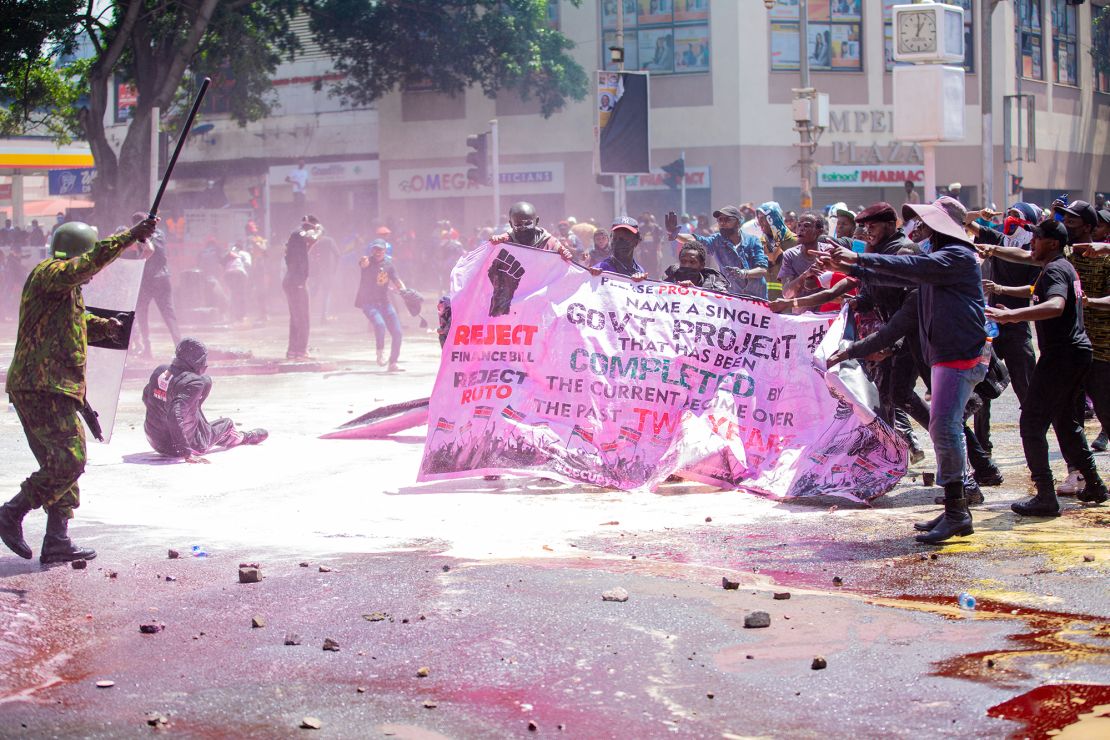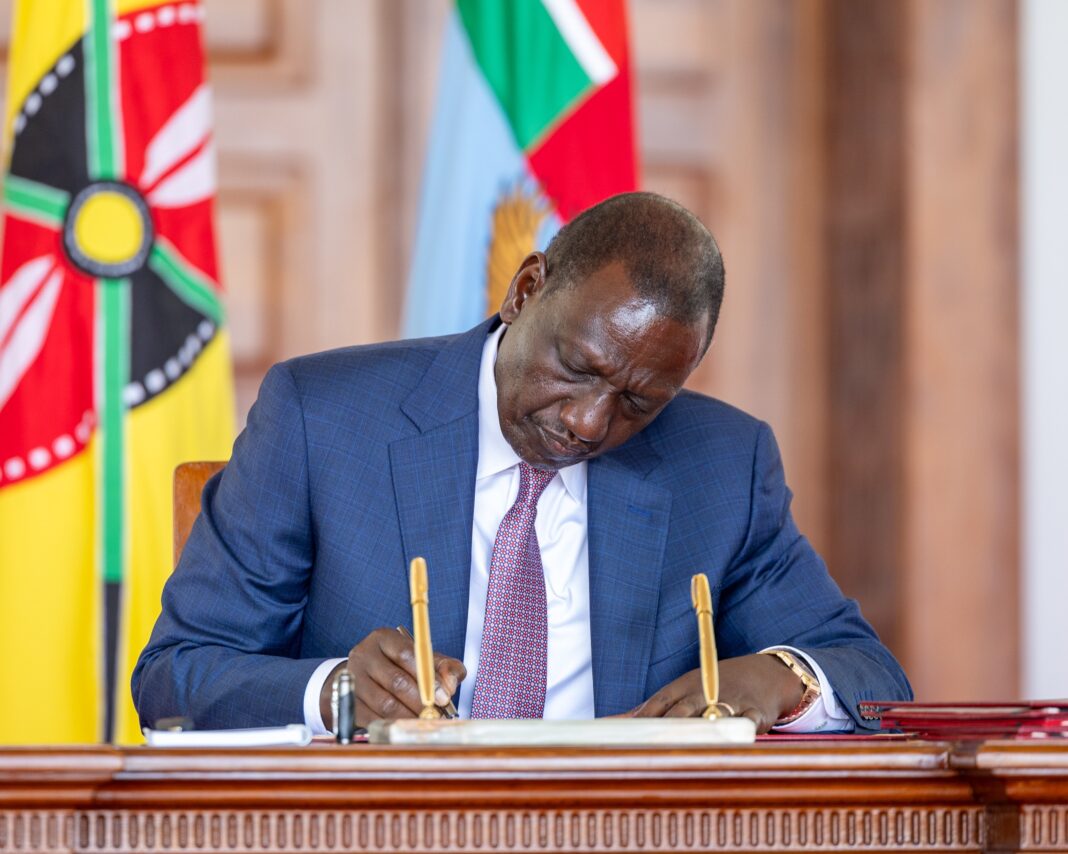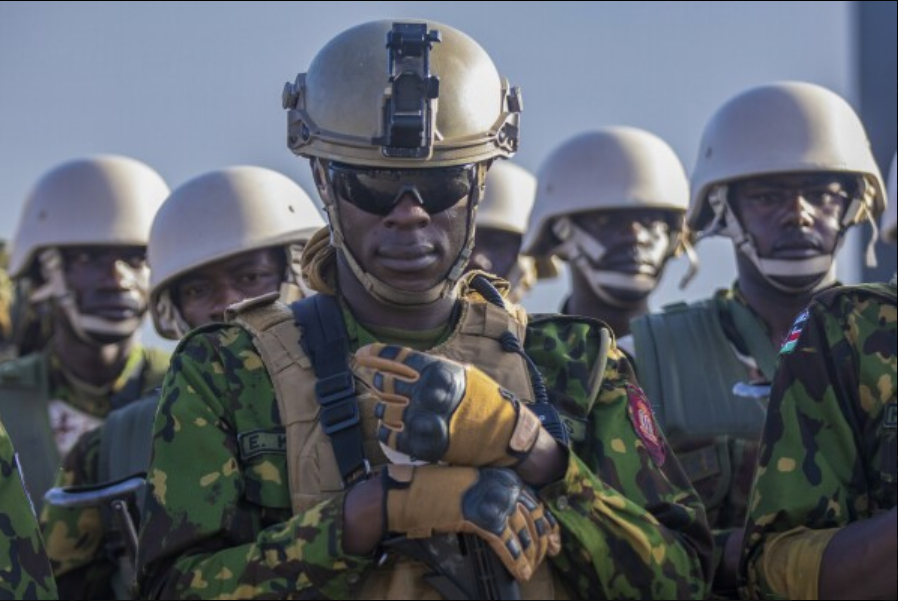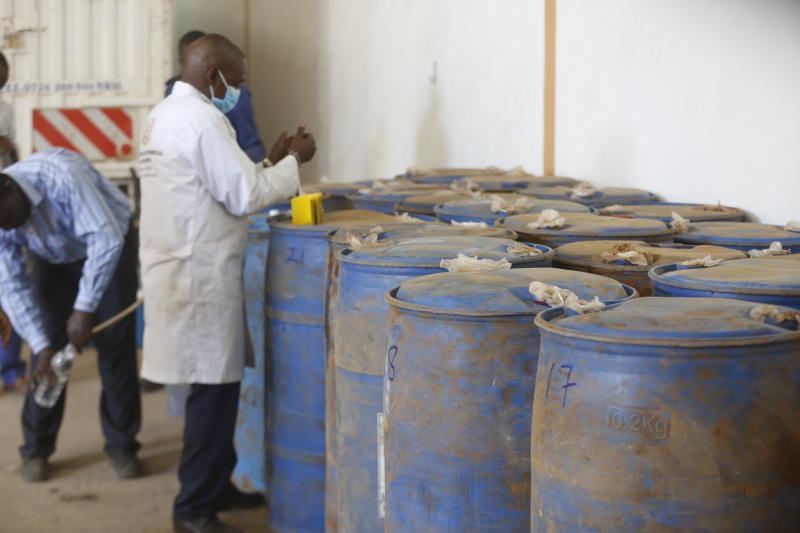President William Ruto has moved to address the growing demand for justice by appointing a high-powered Panel of Experts to oversee compensation for victims of protests across the country.
The team, unveiled in a Gazette Notice, is tasked with identifying, verifying, and supporting affected individuals while ensuring accountability for perpetrators of violence.
With a strict 120-day deadline, the panel must design a transparent compensation framework, provide recommendations for prosecutions, and restore confidence among families left devastated by past demonstrations.

Inside Ruto’s Strategy on Compensation for Protest Victims
The President’s decision to establish the panel signals a major shift in how the government intends to handle claims of police brutality, unlawful killings, and destruction during protests.
For years, families of victims have been left in limbo, struggling with both emotional trauma and financial strain without any meaningful government support. Ruto has mandated the panel to create a system that is fair, inclusive, and accountable.
The 15-member team will authenticate records from oversight bodies such as the Independent Policing Oversight Authority (IPOA), the Kenya National Commission on Human Rights (KNCHR), and the Ministry of Health.
This will ensure that cases are backed by credible evidence and reduce the chances of fraudulent claims.
The panel’s framework is expected not only to deliver justice but also to rebuild trust between the state and citizens by showing that victims of state excesses will not be abandoned.
Composition of the Panel and Their Mandate
The panel will be chaired by Ruto’s Constitutional Advisor, Professor Makau Mutua, a long-time ally of opposition leader Raila Odinga, with Law Society of Kenya (LSK) President Faith Odhiambo Mony serving as vice-chairperson.
Other notable members include former Solicitor General Kennedy N. Ogeto, Dr Duncan Ojwang’, Naini Lankas, Dr Francis Muraya, Juliet Chepkemei, Pius Metto, Fatuma Kinsi Abass, and Raphael Anampiu.
The technical team will be led by Richard Barno with Dr Duncan A. Okelo Ndeda as Co-Technical Lead. Jerusah Mwaathime Michael and Dr Raphael Ng’etich will serve as joint secretaries.
The panel has four key roles:
- Verification of victims – Categorising and authenticating individuals who suffered death, injury, or loss of property.
- Data collection and analysis – Working with IPOA, KNCHR, and other agencies to establish credible records.
- Reparations and recommendations – Proposing compensation amounts and support mechanisms.
- Accountability – Recommending prosecutions through the Office of the Director of Public Prosecutions (ODPP).
This detailed mandate ensures that justice is not only financial but also legal, targeting both redress and accountability.
Transparency Measures and Funding Accountability
To prevent misuse of funds, Ruto directed that all compensation be channeled through transparent, auditable systems aligned with the Public Finance Management Act.
The panel is required to maintain records sufficient for independent audits and to publish anonymised statistics to keep the public informed.
This move comes amid past scandals where victims of state abuse were promised reparations that never materialised.
By setting up independent structures and involving diverse stakeholders, including civil society and faith-based institutions, the government aims to restore faith in its commitment to justice.
The panel’s term will last 120 days, though it can be extended if necessary. Progress updates will be shared with the public to ensure that the process is not shrouded in secrecy.
What This Means for Families of Protest Victims
For the families who have endured years of neglect, the establishment of this panel represents a glimmer of hope. Many victims of police violence and protest-related abuses have been forgotten, with some families still struggling to bury their loved ones due to financial strain.
If successful, the panel’s work could set a historic precedent in Kenya by creating a formal framework for dealing with state-linked violence.
It may also pressure security agencies to exercise restraint during future protests, knowing that accountability mechanisms are in place. However, critics argue that the panel must not be reduced to a political tool or a public relations stunt.
Its legitimacy will depend on delivering actual compensation and justice, rather than producing lengthy reports that gather dust in government offices.


